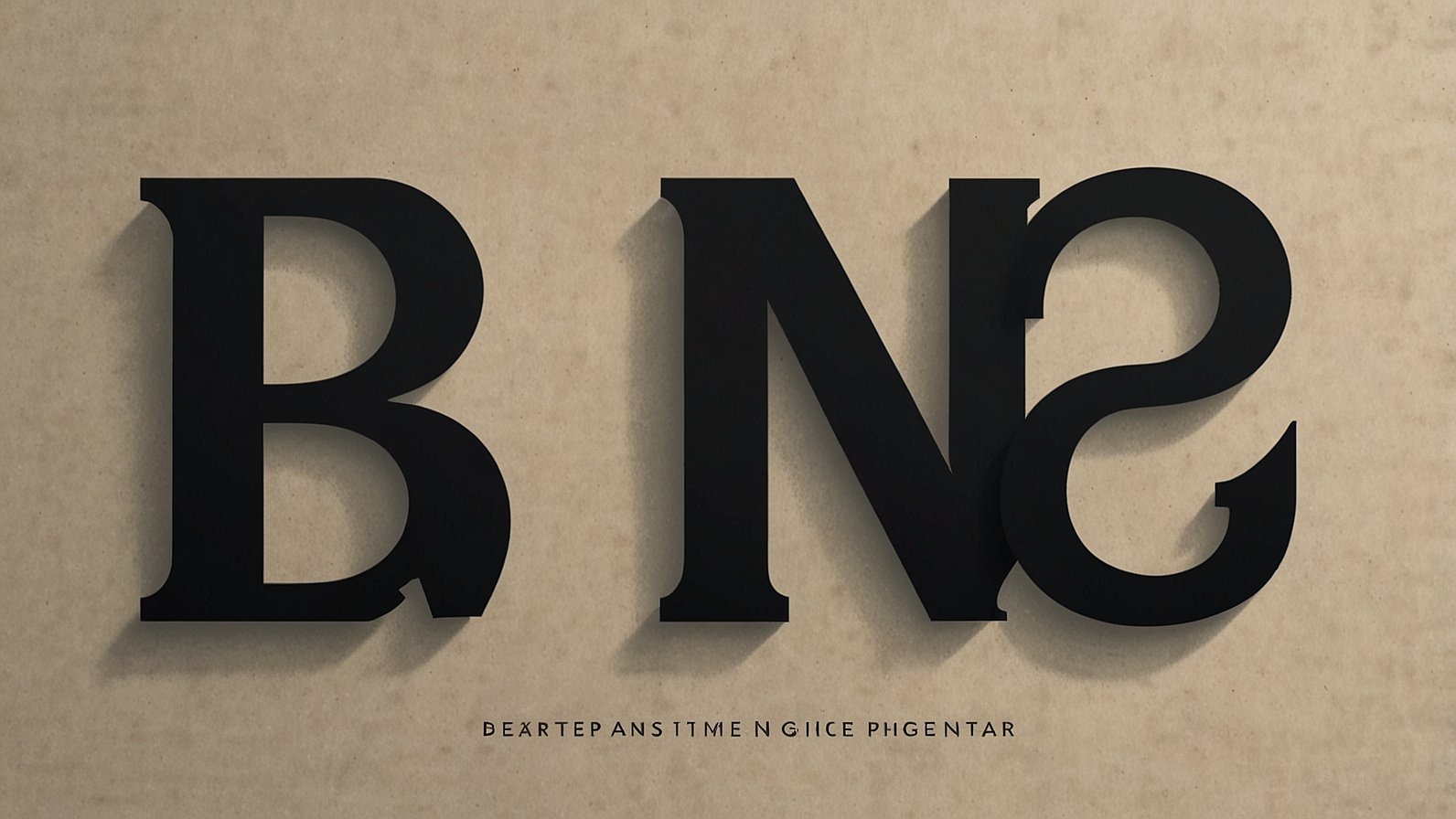The prospect of starting over and finding a new place to call home can make finding a new apartment an exciting moment. Navigating the financial elements is one of the obstacles that come with it, though. Knowing how much you’ll have to pay up front is one of the most important steps in the apartment search process. These could include the rent for the first month, a security deposit, an application fee, the rent for the final month, and additional costs if you have a pet.
The guide will focus on key details on this topic, such as the typical upfront expenses you must pay. You can guarantee yourself a seamless relocation transfer and prevent any unforeseen financial surprises.
Why Understanding Upfront Rental Costs is Important?
When you move into a new apartment, rent is not your only financial worry. Most times, you will have to pay significant costs before you even receive the keys to your first apartment, including application fees, a security deposit, a pet charge if applicable, and the first and last month’s rent. Consult with Philadelphia property managers about the initial costs you need to prepare before signing the lease. Figuring out all these financial costs that you will need to commit to before moving in will aid you in knowing you have the money to cover the unexpected financial costs of moving into a new rental, and proving that it’s possible to actually afford it.
There’s also the benefit of saving money for the extra fees, even before the monthly costs. By knowing your rental expenses up front, you can budget accordingly, save ahead of time, and ensure your finances are in order for not only moving in but for your ongoing living expenses such as utilities and insurance.
Knowing what is expected can also prepare you for negotiations with the landlord. Understanding documentation or deposits that are required can also allow you to gather those documents earlier or prevent delays in acquiring the house you desire. Most landlords expect an upfront payment to demonstrate your responsible finances and commitment to the lease agreement, typically a payment of one month’s rent, sometimes last month’s rent, or a deposit. Not anticipating these may lead to losing the rental to someone else in the application process.
Cover upfront costs, including some not-so-obvious ones, such as reference checks, administrative fees, utility setup costs, moving costs, and pet deposits to keep you focused and calm during this very stressful transition. Arriving at move-in with timely and prepared payment demonstrates responsibility. This may create room for negotiation on your rental terms, future payment plan, and potential property improvements.
Common Upfront Rental Costs

1. First Month’s Rent
Most rental agreements stipulate that the first month’s rent must be paid in full up ahead. Usually, this sum is due when the lease is signed and before you move into the flat. By paying this deposit up front, you guarantee that you will be able to use the rental property from the first day of your lease. Keep in mind that this is neither a deposit nor an additional fee. This is only your initial rent payment because rent is usually collected at the start of each month. According to the lease, it is the same as your usual fixed monthly payment. So be sure to plan ahead and save money because this could be a significant upfront expense for you.
2. Security Deposit
After your landlord or the leasing office accepts your application, you will probably need to submit a security deposit. The money your landlord gets before you move in is referred to here. A month’s rent is usually the amount of the security deposit, though this might change based on the terms of the lease and any local restrictions that may apply. Typically, security deposits for apartment rentals range from $250 to $1,000.
It is common for your landlord or property manager to assess the condition of your flat before you vacate it in order to make any necessary deductions from the deposit. They can lawfully take money out of your security deposit for urgent repairs, but they cannot take money out for normal wear and tear on the unit. After you move out, you should get your money back in a few months if you maintain your flat in good shape.
3. Application Fee
The application fee is one of the first expenses you may have to pay while renting. In reality, your landlord’s costs associated with a comprehensive tenant screening procedure are covered by the application fee. This cost, which is often paid to start the rental application process in Philadelphia, ranges from $25 to $100.
Application costs are usually non-refundable and may differ based on your property manager or landlord. In many places, they are a typical aspect of renting, despite the fact that they raise your initial expenses.
Tenant Rights About Deposit Protection and Fee Transparency
Every renter has a right to be aware of their obligations and rights regarding deposit protection. Since your deposit is a significant component of your tenancy, being aware of how it operates will help you prevent arguments over it and guarantee a positive rental experience. A deposit, often equal to four to six weeks’ rent, is required from you by your landlord. During your tenure, this deposit is intended to cover any potential damages or unpaid rent.
Within 30 days of receiving your deposit, you are required by law to have it protected in a government-approved plan. This guarantees that your deposit is secure and accessible only under certain circumstances. Every landlord is required to use a government-approved plan to safeguard their deposit. You could have a right to compensation if they don’t.
Schemes for deposit protection come in two primary varieties. The first type of plan is custodial, meaning it is in place until the end of your tenancy. In contrast, the landlord keeps the deposit in an insured schemes but pays the plan a fee to safeguard it. Within 30 days of your deposit being received, your landlord is required to give you detailed information about the program, including how your deposit is safeguarded.
On the other hand, tenant rights regarding fee transparency ensure that tenants have clear, complete, and full disclosure of all rental fees and charges before entering into a lease as a tenant. It requires landlords to disclose any required charges for renting their property in one total price, which must be disclosed upfront, and also prominently displayed in advertising, listings, application forms, and the rental agreement. This eliminates hidden or “drip pricing” of charges and fees that could appear only at the later stages of the process.
Final Thoughts
There are several expenses to take into account while renting a new apartment. The first month’s rent, a security deposit, an application fee, and the final month’s rent are just a few of the expenses that are typically related to the lease process.
You can reduce unforeseen financial constraints and move through the apartment-hunting process with more confidence if you are aware of and ready for upfront charges. To guarantee a successful and easy move-in, keep in mind to carefully consider your alternatives for payment, keep lines of communication open with your prospective landlord, and create a budget.











